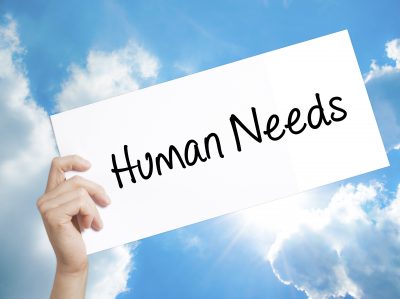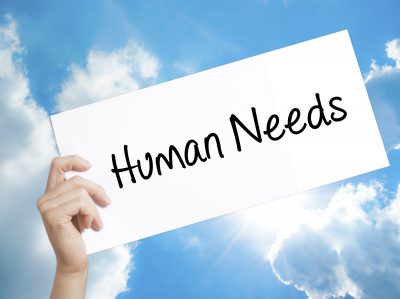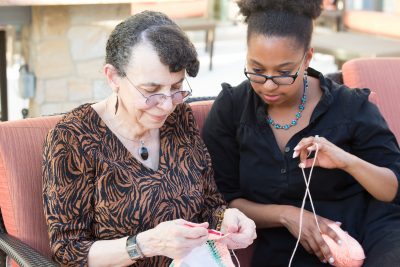Alzheimer's Disease: What Would Maslow Say?

 Human needs remain intact regardless of age, situation, or condition.
Human needs remain intact regardless of age, situation, or condition.
Abraham Maslow was an American psychologist who taught that survival needs must come before social or spiritual needs. Alzheimer's disease impacts all these needs, for instance, as in a woman named Faye.
The need for physical survival. Faye relied on caregivers to assist with physical needs.
The need to have personal security and to feel safe. Faye didn't recall recent events, so she didn't realize where she was. Memories of past experience faded.
The need for a sense of belonging and connection to others. Faye had been active in her church. The move to a nursing home separated her from familiar people and consequently became withdrawn and anxious.
The need to express feelings and have them acknowledged. Alzheimer’s decreases a person’s ability to express thoughts. Faye was frustrated because care-partners didn't understand her.
The need to give to others and to be treated with respect. We all need to feel useful. We thrive with mutual understanding and respect. However, people with Alzheimer’s may believe they have nothing to contribute.
The need for a sense of self and a connection to spirit. Many assume that Alzheimer’s robs people of their identity. Although memory and cognition become impaired, it appears that the person living with dementia seems to retain a sense of self—the essence of who he or she is.
In conclusion, understanding human needs may help us to be a little more empathetic with people living with Alzheimer's disease.
Ann Catlin, OTR, LMT: For twenty years, Ann led in the field of skilled touch in eldercare and hospice. She has nearly forty years’ clinical experience as an occupational and massage therapist. She created Age-u-cate’s Compassionate Touch program and serves as a Master Trainer and training consultant.

